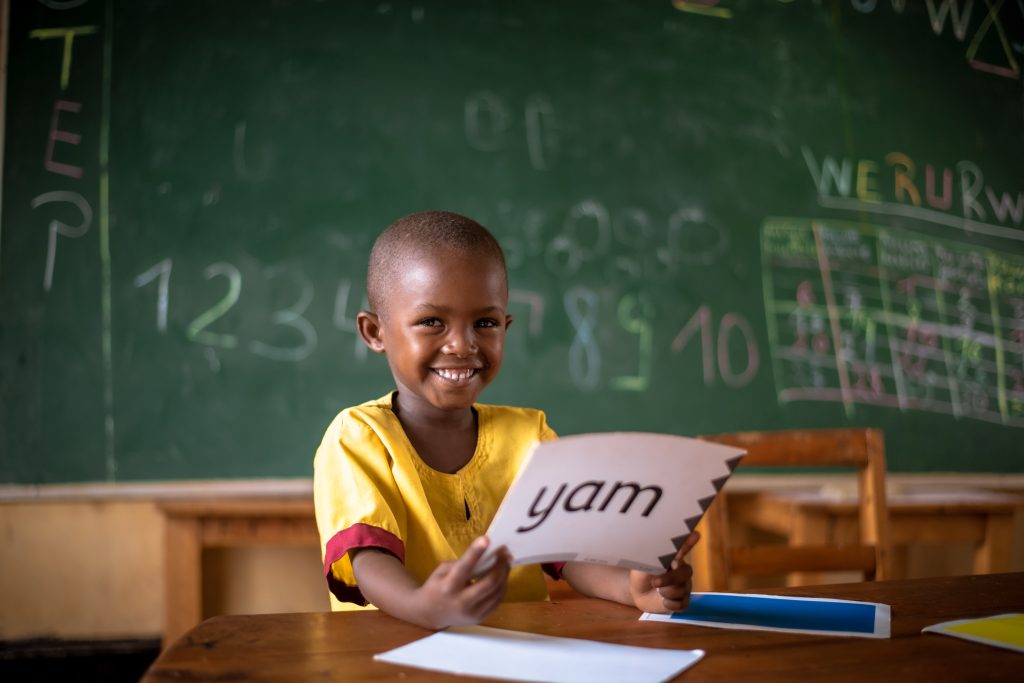Gender Equality
RwandaEQUIP believes that girls should have the same opportunities as boys. Sadly, they face many more barriers. Empowering and supporting girls to succeed in the classroom and fulfil their potential in life is essential. Families, communities, and nations need educated girls to prosper and grow.
RwandaEQUIP is empowering a new generation of confident, successful girls. If you’re an 11-year-old girl living in one of the world’s most marginalised communities, you face less access to education than your brother, a greater likelihood of economic and social marginalisation, the prospect of forced marriage, early pregnancy, and increased maternal mortality. Being a young girl in many communities can be the most difficult hand to be dealt.
Educated girls are healthier, have the skills to make choices about their own future and can lift themselves, their community and even their county out of poverty. For instance, a percentage point increase in girls’ education boosts GDP by 0.3 percentage points and raises annual GDP growth rates by 0.2 percentage points. Again, one extra year of education for girls increases their wages by between 10-20%. By educating girls we change the future of entire communities as women reinvest 90% of their income in their families, as opposed to 30-40% for men.
Mainstreaming women empowerment principles
RwandaEQUIP believes that inspiring young girls is essential in breaking down barriers for gender equality. In particular, getting more female pupils involved in maths and science. The #girlsuperpower campaign encourages girls to be involved in academic pursuits that they may have been held back from and to believe that they can achieve anything if they study hard. All they need is a good school, a great teacher and a chance to learn. The #girlsuperpower campaign highlights the influential women in the fields of science and mathematics, giving young girls influential figures they can aspire to. The campaign also encourages girls to explore their scientific curiosities with experiments and projects they can showcase to their class.
The United Nations Women’s Empowerment Principles is a good way to show our focus. Formulated by the UN Global Compact and UN Women, the “Women’s Empowerment Principles (WEPs) are a set of Principles offering guidance to organisations on how to promote gender equality and women’s empowerment in the workplace, marketplace and community.” The UN WEPs “are informed by international labour and human rights standards and grounded in the recognition that organisations have a stake in, and a responsibility for, gender equality and women’s empowerment.” This should be automatically embedded into all organisations and societal cultures but until it is, the principles offer a good guide.
Promoting gender equality in education
- RwandaEQUIP commissions all of its artwork and creative stories in text-books and work-books to ensure equal visibility of male and female characters, and specifically represent female characters in powerful, unconventional roles
- Teachers are trained to call on both boys and girls in the classroom. As fewer girls than boys usually tend to volunteer in class, teachers are trained to practise more cold calling to ensure equal participation.
- Professional development and classroom management techniques focus on encouraging girls to be leaders in and out of the classroom
- RwandaEQUIP ensures gender equality outside the classroom too, by encouraging girls to practice leadership skills through participation in various co-curricular activities like drama , music and arts.
Gender equality in schools
- Female teachers, school leaders, and Area Supervisors provide role models within the classroom and community (over 60% of our teachers are women)
- A strict policy against the use of corporal punishment —meaning girls become more confident, expressive, and engaged in class.
- Girls are given school leadership roles through appointments of Head Girls and Prefects.
- Girls can wear dresses, skirts or trousers depending on school activities.
- All schools have well-maintained single-sex sanitation facilities.
- Local partnerships with organisations teaching girls about sanitation and sexual health
- Regular child safeguarding training for teachers and school leaders.
Equality of educational opportunity and accountability
- Through its innovative wireless technology, RwandaEQUIP engages in systematic gender-responsive. monitoring to ensure effective evaluation of the progress of each girl child across indicators like attendance and academic performance.
- Attendance is carefully monitored to ensure girls can not drop out of the system unnoticed.
- Parent-teacher associations meetings parents form a network of empowered partners—seeking accountability for their girls’ education



